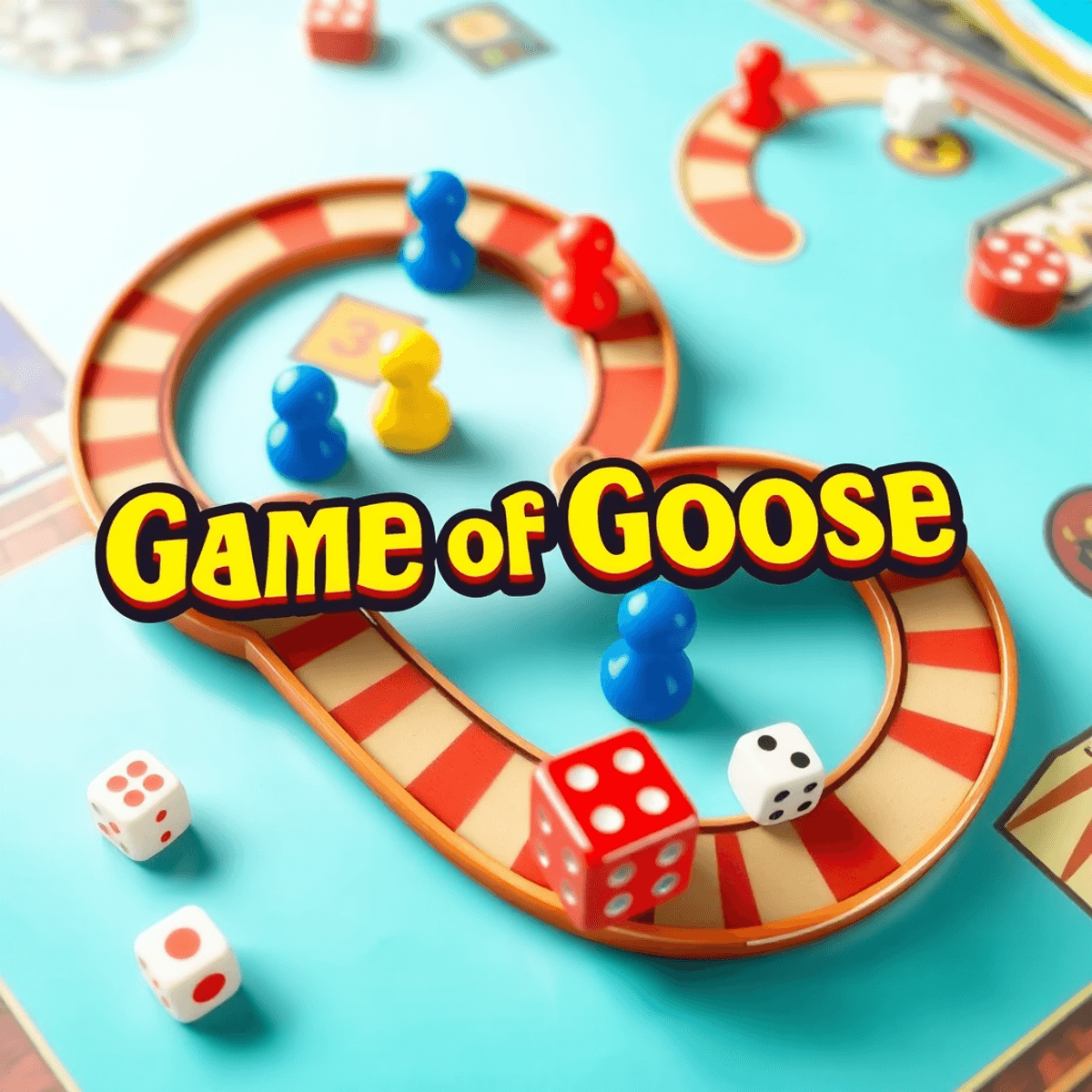
Picture yourself exploring vast digital worlds, battling mythical creatures, or solving intricate puzzles on your screen. What many players don’t realize is that these modern gaming experiences owe much to the board games that inspired video games, tracing their roots back to ancient games played thousands of years ago.
The path from traditional board games to today’s video games tells a remarkable story of human creativity and innovation. Ancient strategy games like Chess laid the foundation for turn-based combat systems. The storytelling elements of pen-and-paper role-playing games breathed life into digital narratives. Even simple wooden puzzles inspired groundbreaking video games like Tetris.
But what magic did these ancient games possess that still captivates players today? How did simple wooden boards and stone pieces evolve into the immersive digital realms we now explore?
Join us on a journey through gaming history as we uncover:
- The surprising origins of modern video game mechanics
- Classic board games that sparked digital innovations
- Ancient strategy games that revolutionized gameplay
- The transformation of tabletop RPGs into digital adventures
- Why these age-old principles still drive game design today
From the evolution of social and party board games to the rich history and evolution of strategy board games, each aspect of our exploration will reveal how these timeless principles continue to shape the landscape of modern gaming.
The Origins of Modern Video Games: Foundations Laid by Ancient Games
The building blocks of modern video games trace back to simple childhood games and puzzles that shaped human play for generations.
Influence of Backyard Games on First-Person Shooters
Backyard games like “cops and robbers” laid the groundwork for first-person shooter mechanics, introducing core concepts of:
- Strategic positioning
- Team-based objectives
- Quick decision-making
- Resource management (ammunition)
Connection Between Analog and Digital Puzzles
Ancient puzzles sparked the creation of beloved digital classics. The geometric challenges of pentominoes – physical puzzle pieces made of five squares – directly influenced Alexey Pajitnov’s design of Tetris in 1984. This connection between analog and digital puzzles demonstrates how traditional problem-solving mechanics translate into compelling video game experiences.
Impact of Social Gatherings and Cultural Traditions
Social gatherings and cultural traditions played a vital role in shaping early game forms. The Strong National Museum of Play’s archives document how ancient Egyptian Senet boards featured linear progression tracks – a mechanic now common in countless video games. Traditional Native American stick games introduced probability-based gameplay elements found in modern roguelike titles.
Imaginative Play of Ancient Roman Children
Archaeological evidence shows ancient Roman children played with toy soldiers and miniature weapons, creating imaginative battle scenarios. These early forms of creative play mirror modern gaming’s focus on immersive combat simulations and strategic warfare.
These historical foundations reveal how deeply video games are rooted in humanity’s fundamental desire to play, compete, and solve puzzles. The digital revolution simply provided new tools to express these age-old gaming instincts.

Board Games That Inspired Video Games: Bridging Analog and Digital Worlds
The world of digital gaming is heavily influenced by classic board games. Let’s explore some of these connections:
1. Word Games: From Scrabble to Digital Revolution
Scrabble, the beloved word-building challenge, sparked a revolution in digital word games. Words with Friends captured Scrabble’s competitive spirit while adding social connectivity features that transformed casual gaming. The success led Hasbro to release hybrid versions combining physical tiles with digital scoring systems.
2. Racing Games: Tracing Back to Victorian Era Board Games
Race-based board games from the Victorian era laid crucial groundwork for modern racing video games. The 1869 game The Steeple Chase introduced track-based competition with obstacles – a format that lives on in Mario Kart’s whimsical courses. The Game of the District Messenger Boy (1886) pioneered the concept of character progression through racing circuits, now a staple in games like Gran Turismo.
3. Pinball Machines: The Birthplace of Core Gaming Concepts
The physical-to-digital evolution reached new heights with pinball machines. These mechanical marvels introduced core gaming concepts:
- Score tracking systems
- Multiple lives and continues
- Power-ups and bonus features
- Progressive difficulty levels
According to the International Arcade Museum, pinball’s influence directly shaped early arcade cabinet design. The flippers evolved into joysticks, while the scoring displays transformed into dynamic digital screens. Popular games like Space Invaders and Pac-Man inherited pinball’s core principle: simple controls masking deep gameplay mechanics.
Beyond the Classics: Other Influences on Video Gaming
While prominent board games have undeniably influenced video gaming, there are also unique traditional board games from diverse cultures that have left their mark on the digital realm.
Furthermore, the history and evolution of dice in board games has significantly impacted gameplay and strategy in various video games.
Additionally, there exists a fascinating history of obscure and forgotten board games, which despite their lack of popularity, hold a rich cultural significance and have influenced some aspects of modern gaming.
Lastly, the evolution of action selection in worker placement games offers insights into strategic decision-making processes that are often mirrored in video game mechanics.
The Role of Ancient Strategy Games in Shaping Game Mechanics
Ancient strategy games like Chess and Go laid the groundwork for modern turn-based video games. Chess’s intricate system of piece movement and tactical planning directly influenced titles like XCOM and Fire Emblem. Go’s territorial control mechanics shaped strategy games like Civilization and StarCraft.
These classic games introduced fundamental concepts that define modern gaming:
- Resource Management: Chess’s limited pieces taught players to maximize unit value
- Position Control: Go’s territory-claiming mechanics inspired area control in modern strategy games
- Action Economy: The turn-based structure established time as a crucial resource
Direct Influence on Modern Game Design
Game designer Sid Meier acknowledged Chess’s influence on Civilization‘s combat system: “Chess taught us how to create meaningful choices with distinct unit types and movement patterns.” Similarly, Blizzard’s Rob Pardo credited Go’s influence on StarCraft‘s map control mechanics.
Beyond these influences, ancient strategy games also pioneered:
- Perfect information vs. hidden information
- Balanced asymmetrical gameplay
- Multiple victory conditions
- Complex decision trees
These core mechanics appear in countless modern titles. Into the Breach designer Justin Ma noted: “Chess showed us how simple rules can create deep strategic gameplay.”
The elegant design principles of these ancient games continue to guide modern game development, proving their timeless relevance in shaping player engagement and strategic depth. Moreover, the impact of these ancient games extends beyond just video games. They have influenced the design of various board games, which have also evolved over time, leading to the emergence of genres such as deck-building and card-driven games. For a deeper understanding of this evolution, you can explore the history and evolution of deck-building games, which highlights key titles that have shaped this segment of the gaming industry.
Additionally, it’s worth noting the significant contributions made by renowned board game designers throughout history. Their innovative creations have left a lasting impact on the gaming industry. To learn more about some of these famous board game creators and their notable works, you can visit this resource on famous board game designers.
Role-Playing Games (RPGs): From Pen-and-Paper to Digital Realms
The transformative power of Dungeons & Dragons revolutionized gaming storytelling in 1974. This groundbreaking tabletop RPG introduced key elements that define modern video game narratives:
- Character sheets tracking stats and abilities
- Experience points and leveling systems
- Complex storylines with branching dialogue options
- Dungeon Master-guided narratives
These innovations laid the foundation for digital RPGs. The Strong National Museum of Play’s “Game Time!” exhibit showcases original D&D materials alongside early computer RPGs, illustrating this crucial evolution.
The first digital RPGs like Ultima (1981) and Wizardry (1981) directly translated D&D mechanics into computer code. Baldur’s Gate (1998) marked a significant milestone by officially adapting D&D rules into a digital format, complete with pause-based combat and intricate character development.
Modern titles like The Elder Scrolls V: Skyrim showcase the full realization of tabletop RPG elements in digital form:
- Real-time combat replacing dice rolls
- Dynamic quest systems
- Immersive 3D worlds
- Complex character customization
The DNA of tabletop gaming runs deep in contemporary RPGs. Game designers continue drawing inspiration from D&D’s innovative approach to storytelling, character progression, and world-building. These ancient gaming principles shape how millions experience digital adventures today.
Why Ancient Games Still Matter in Today’s Gaming Culture
Ancient gameplay principles remain deeply woven into modern gaming’s DNA. The core mechanics of games like Chess – strategic thinking, resource management, and tactical positioning – shine through in popular strategy titles like Civilization and StarCraft. These timeless elements create engaging experiences that resonate across generations.
A growing number of players embrace both digital and physical gaming experiences. Sarah Chen, a competitive League of Legends player, hosts weekly board game nights where her esports team plays Go to sharpen their strategic thinking. “The ancient games teach us patience and deep strategy in ways that complement our digital gaming,” she notes.
Classic board games offer unique insights into game design fundamentals. The fascinating journey of classic board games through history reveals their enduring impact on society:
- Pattern Recognition: Mancala’s influence on puzzle game mechanics
- Resource Management: The Royal Game of Ur’s impact on strategy games
- Territory Control: Go’s principles in modern map-based games
- Turn-Based Combat: Chess’s DNA in tactical RPGs
These ancient games provide a hands-on laboratory for understanding core gaming concepts. By exploring these classics, players gain deeper appreciation for the mechanical foundations that power their favorite video games. The rich history of ancient board & medieval games from Egypt, Mesopotamia, China, and Rome reveals their cultural significance today and how they continue to shape modern gaming trends.
Moreover, the rise of interest in abstract strategy games is noteworthy. As seen in the top 10 abstract strategy games for 2025, these types of games often draw upon the rich legacy of ancient gameplay, further solidifying their relevance in today’s gaming culture.
Conclusion
Ancient games have played a crucial role in shaping modern video game design. From Chess to Dungeons & Dragons, these foundational board games that inspired video games provided designers with enduring mechanics, storytelling structures, and social dynamics that continue to influence interactive entertainment today.
Game creators worldwide draw inspiration from this rich heritage, blending time-honored principles with cutting-edge technology. The result? Innovative experiences that honor their ancestral roots while pushing creative boundaries.
Your next gaming session holds centuries of wisdom. Whether you’re commanding armies in Total War, solving puzzles in Portal, or building worlds in Minecraft, you’re participating in an evolving legacy that spans millennia.
We invite you to explore this fascinating connection:
- Try classic board games that inspired your favorite video games
- Study the mechanics of ancient strategy games
- Experience both digital and analog versions of beloved titles
The future of gaming is built on the foundations laid by the board games that inspired video games—a testament to humanity’s timeless love for play, competition, and narrative-driven experiences.


